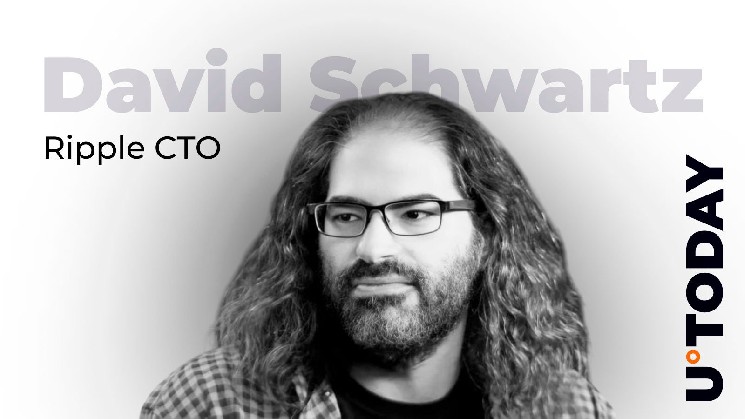Ripple's chief technology specialist, David Schwartz, has broken his silence on speculation surrounding his involvement in Evernorth, the newly launched XRP financial vehicle that just announced plans to raise more than $1 billion through a Nasdaq listing.
Formed through a merger with Armada Acquisition Corp II, the company is designed to operate similarly to Strategy, but with respect to XRP, absorbing supply from the public market and positioning itself as a long-term holder of the cryptocurrency.
Of course, this announcement immediately caused a stir, as Schwartz was confirmed to be “participating” in the project. But within hours, Ripple's current chief technology officer hit back, saying that while he would advise ventures, he would not sign any deal that would consume his calendar beyond this year.
After the end of the year, don't make any commitments that will put a big strain on your daily schedule.
— David 'JoelKatz' Schwartz (@JoelKatz) October 21, 2025
This clarification is important because Schwartz previously announced he would step down from his current role as chief technology officer to take a break from his active business and focus more on family life. Still, he maintains ties to Ripple through its board of directors.
So while it was confusing for some XRP enthusiasts to learn that Schwartz would take an advisory role in the new entity, Schwartz himself clarified this point. For XRP holders, that nuance is important. Rather than give up his current job, Schwartz is leveraging his expertise.
Another Ripple executive retires
Another Ripple executive, Asheesh Birla, will also step down from Ripple's board in light of a new $1 billion initiative, but will continue as CEO. Birla said the company's goal is to raise the Treasury's war chest, pursue acquisitions in the broader digital asset space, and make XRP a core part of a diversified crypto portfolio strategy.
The market will be watching to see if this structure, which is half Wall Street finance and half crypto-native belief, will finally give XRP the kind of committed institutional sponsorship it has long lacked.

